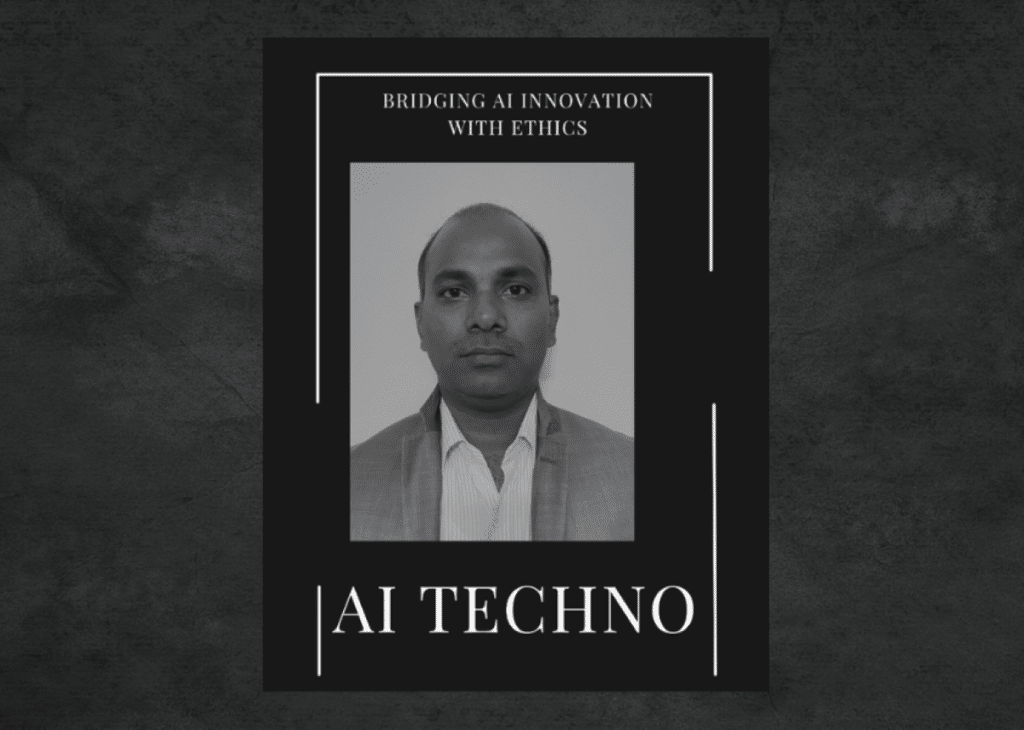Integrating Artificial Intelligence (AI) in surveillance technologies marks a significant turning point in balancing security needs with personal freedoms. In this era, AI’s capabilities to predict, monitor, and analyze behavior on an unprecedented scale raise pivotal ethical questions. The narrative gains depth with insights from Sathishkumar Chintala, an expert in AI and ML. He is known for his groundbreaking work in audio fingerprinting but is equally concerned with the ethical dimensions of AI’s broader applications.
The Prowess of AI in Surveillance
AI-driven surveillance systems employing facial recognition, behavior prediction, and gait analysis present revolutionary security advancements. While bolstering public safety, these systems usher in ethical complexities regarding their impact on privacy and individual liberties. Chintala, with his extensive background, underscores the importance of addressing these ethical challenges head-on, advocating for a balanced approach that neither compromises security nor infringes upon privacy.
Privacy Under Siege
The omnipresence of AI surveillance captures the minutiae of daily life, often blurring the lines between public safety and personal privacy invasion. Chintala, drawing from his technological expertise, voices concerns over privacy erosion, emphasizing the need for surveillance technologies that respect individual autonomy while safeguarding communal spaces.
Societal Implications
Beyond privacy, AI surveillance systems can perpetuate biases, suppress dissent, and erode democratic freedoms under the guise of security. Chintala’s work, though primarily focused on audio fingerprinting, exemplifies the critical need for AI technologies to be developed and deployed with an acute awareness of their societal implications, ensuring they serve to enhance rather than undermine societal trust and equity.
Navigating the Ethical Maze with Sathishkumar Chintala
Chintala’s role extends beyond technological innovation to ethical leadership. His involvement in crafting ethical frameworks for AI surveillance advocates for transparency, accountability, and robust legal protections. Leveraging his experience, Chintala promotes a multidisciplinary approach to AI ethics, engaging technologists, policymakers, and the public in shaping surveillance technologies that align with democratic values.
Balancing Security and Privacy
Chintala’s insights are crucial in balancing enhanced security measures with the sanctity of privacy. He envisions AI surveillance systems designed to minimize bias and protect against unwarranted intrusions, reflecting a commitment to ethical AI development that respects both security imperatives and individual rights. Educational Initiatives and Future Directions
Through educational efforts, Chintala aims to illuminate the complexities of AI in surveillance, advocating for informed public discourse and policy-making. His optimism for AI’s potential to advance security responsibly inspires research into ethical AI applications, fostering innovation that harmonizes with societal values and ethics.

Photo Courtesy: Satishkumar Chintala
Conclusion
The dialogue on AI surveillance, enriched by Sathishkumar Chintala’s expertise and ethical considerations, encapsulates the critical challenge of our times: navigating the trade-off between security and freedom. As AI technologies evolve, the collective wisdom of experts like Chintala will be instrumental in guiding their ethical deployment, ensuring that the pursuit of security does not come at the cost of our fundamental freedoms. The ethical maze of AI in surveillance is complex. Still, with vigilance, dialogue, and ethical innovation, society can chart a course that respects security needs and personal liberties.
Published By: Aize Perez






